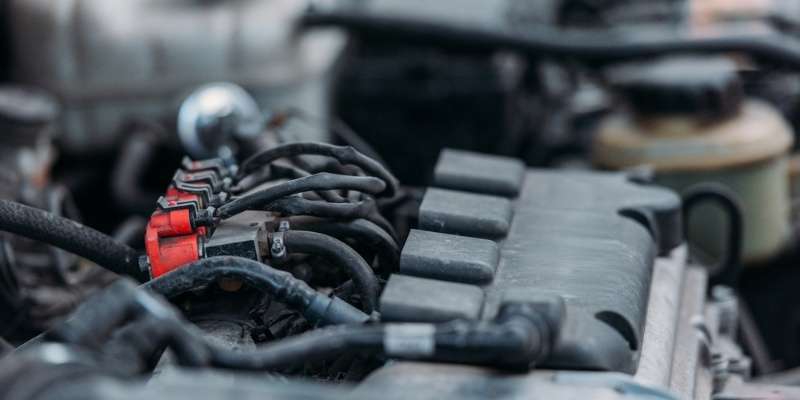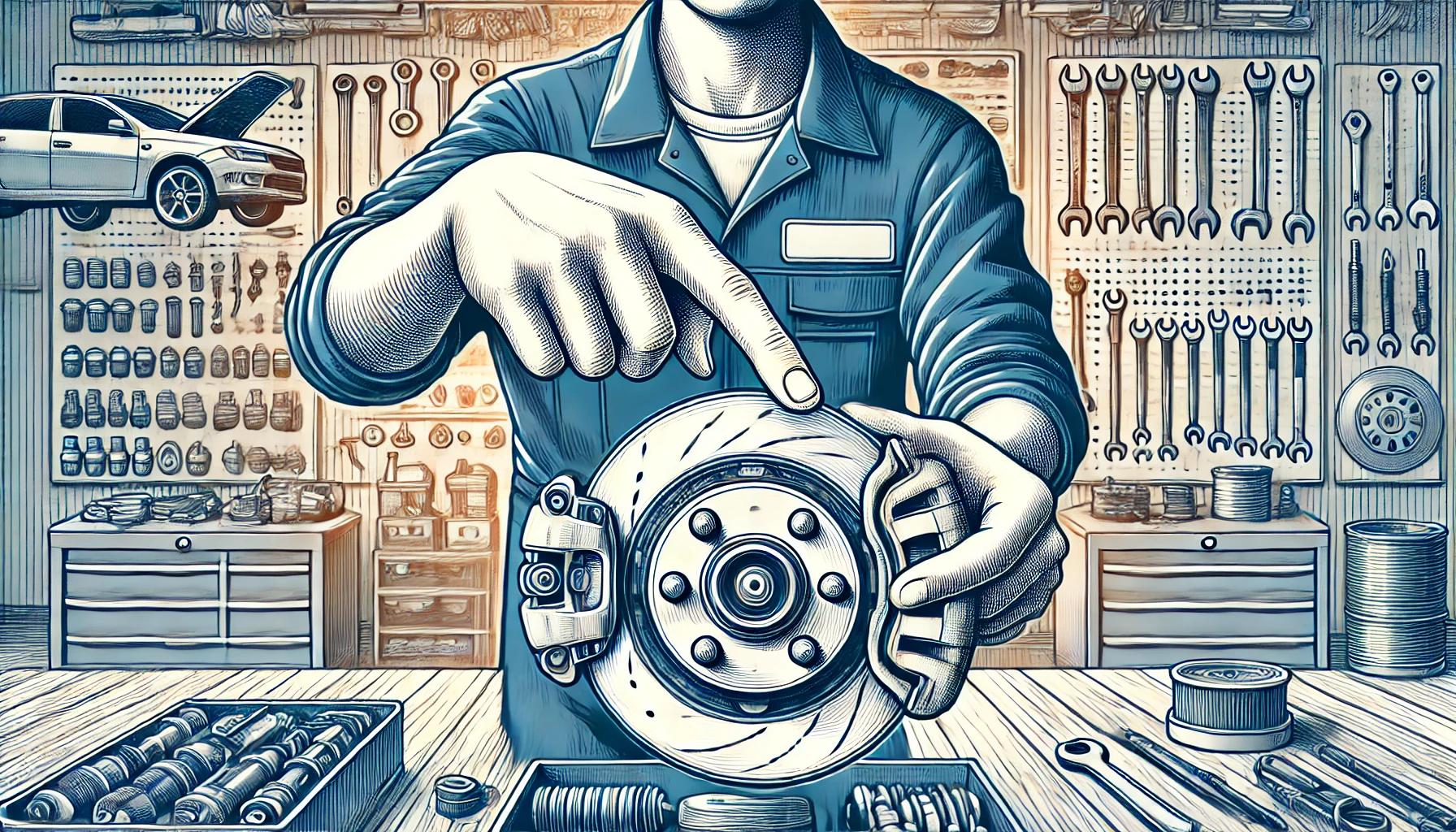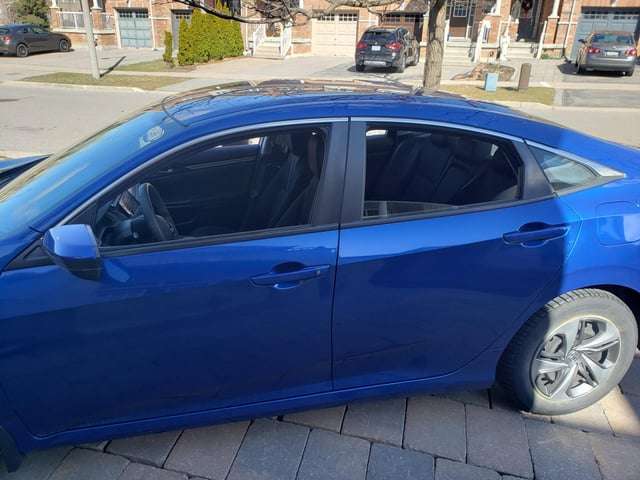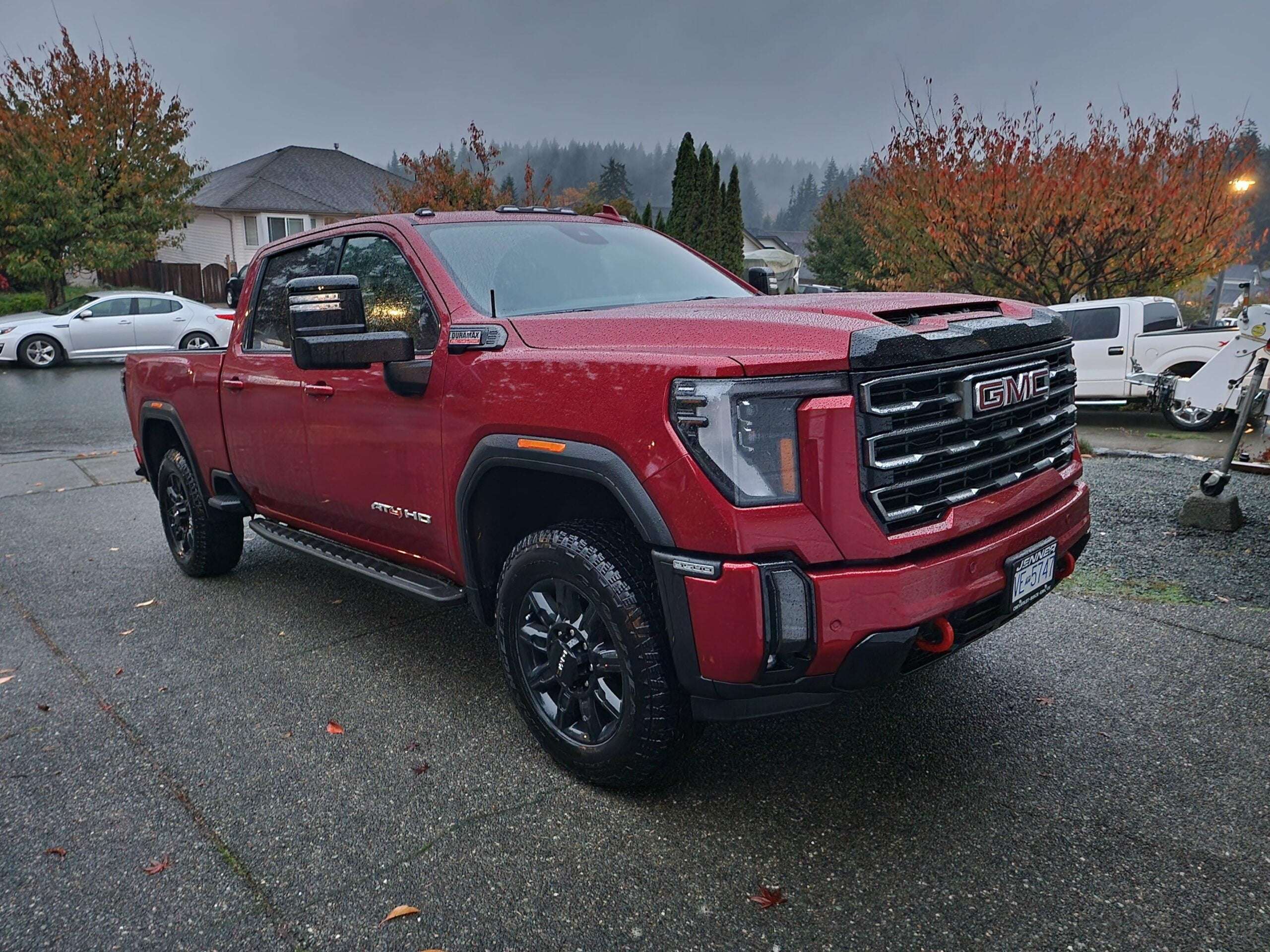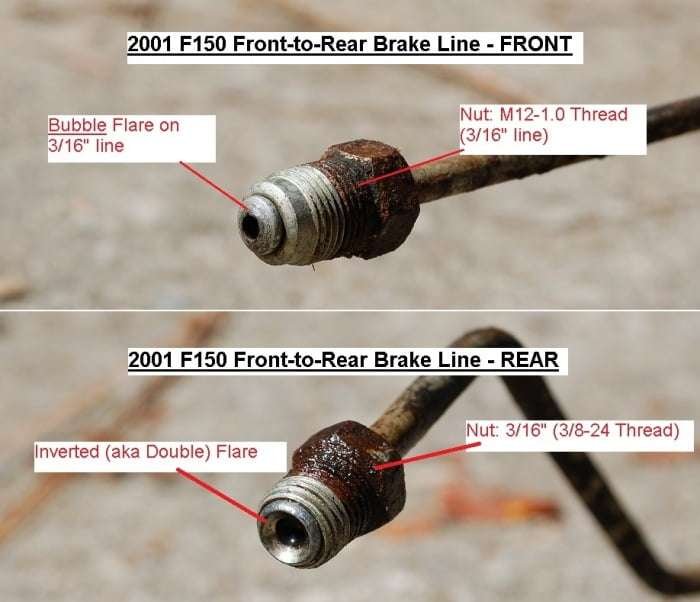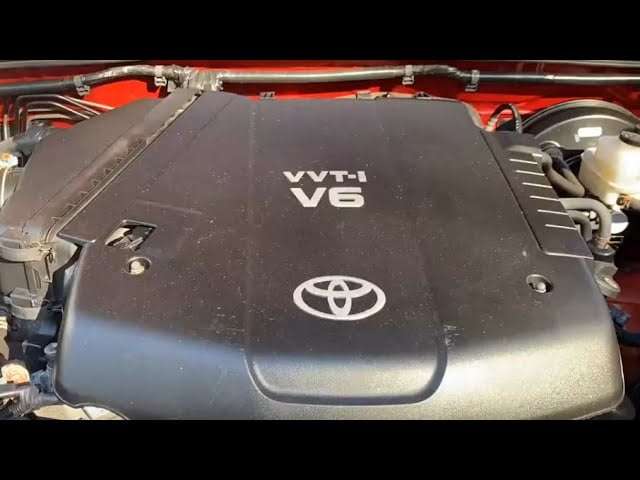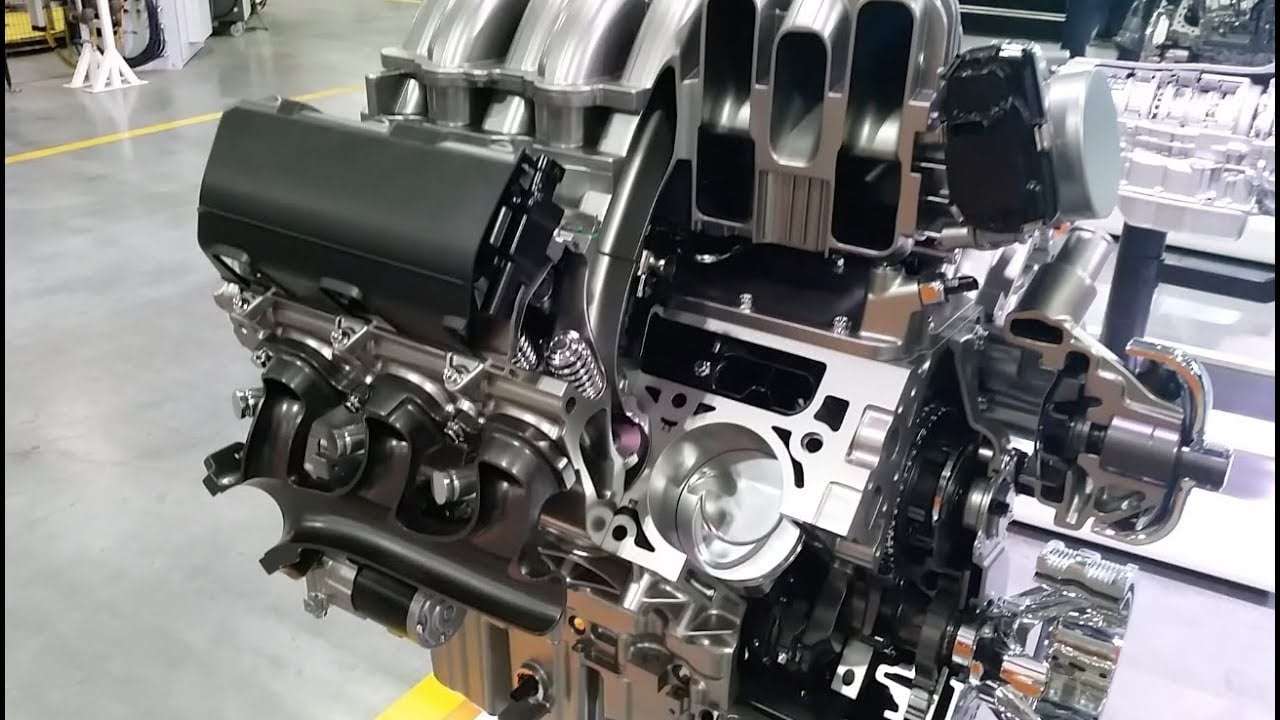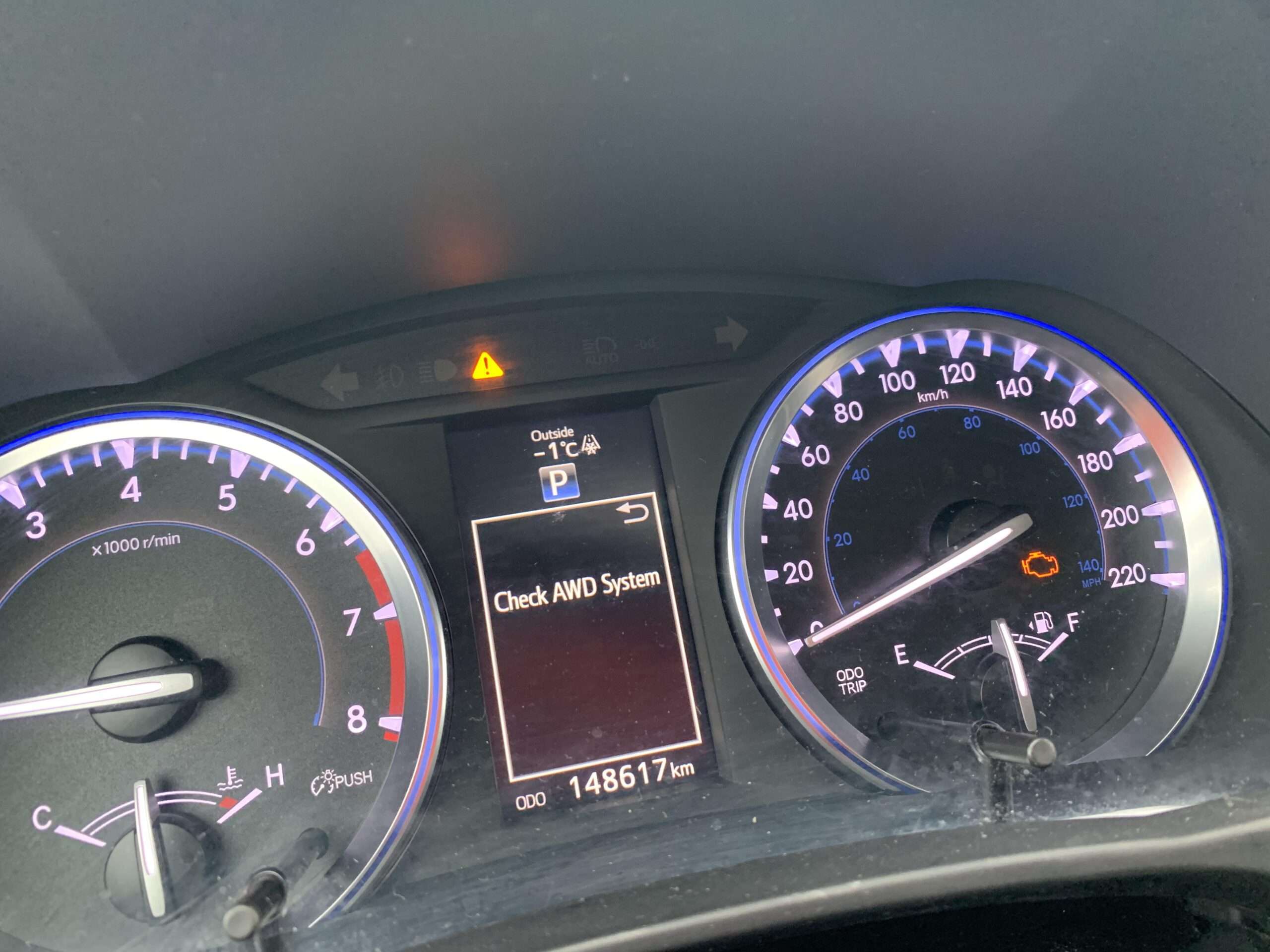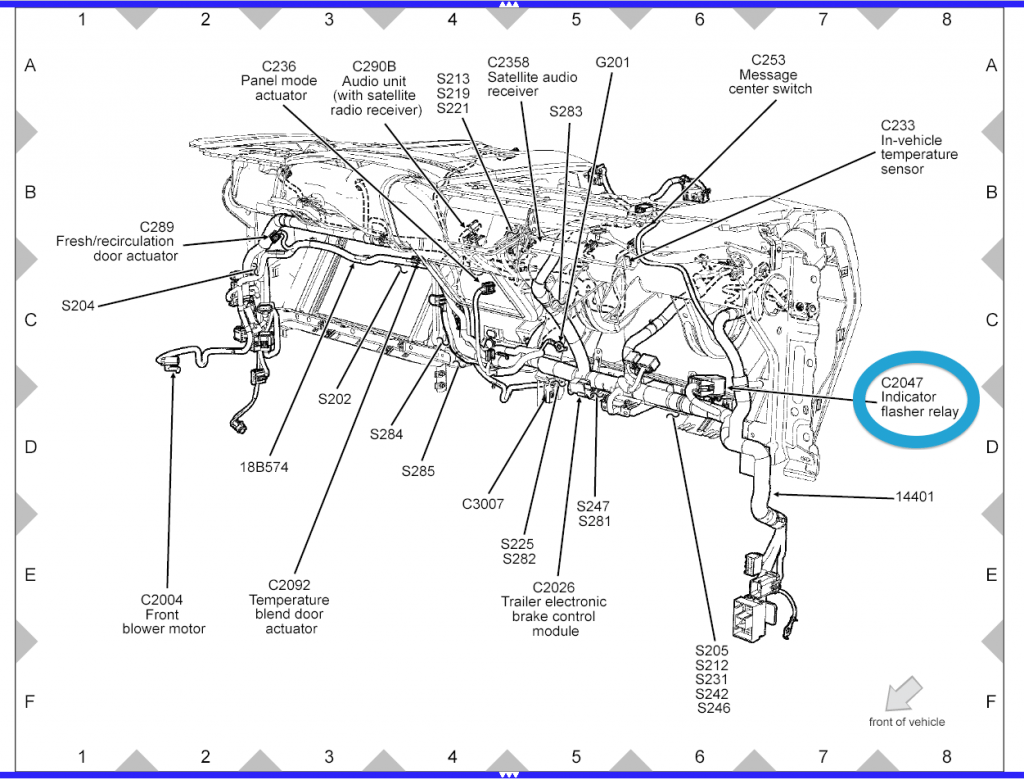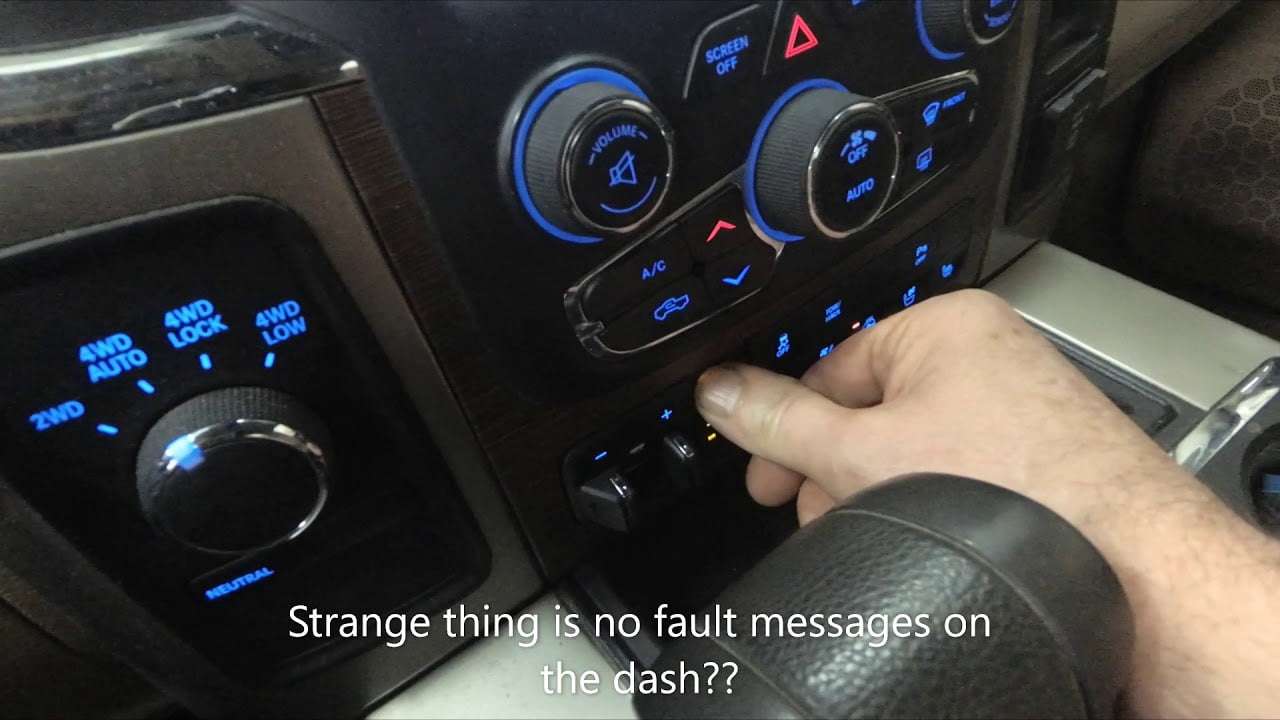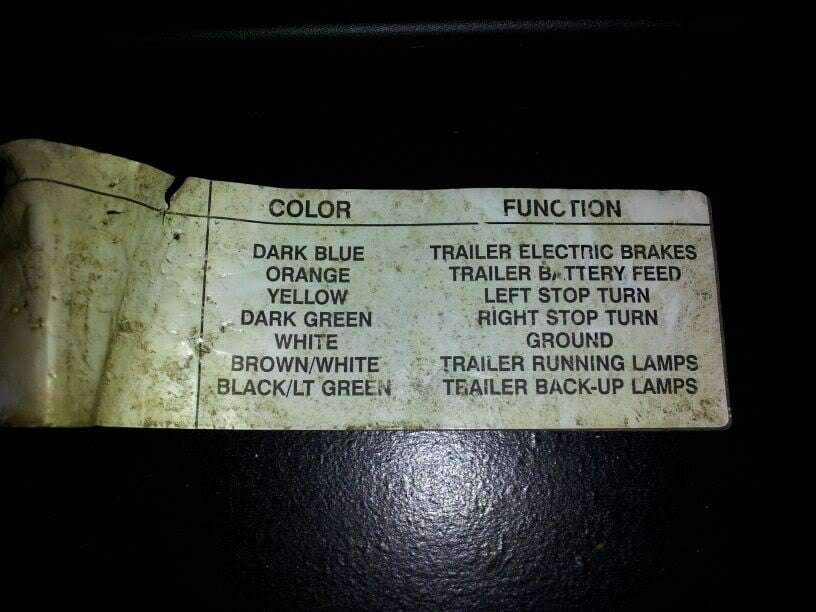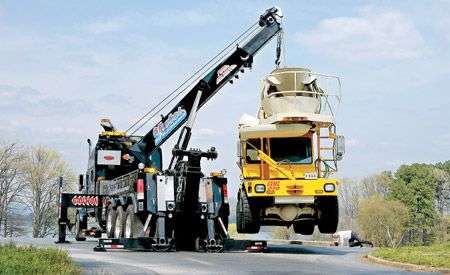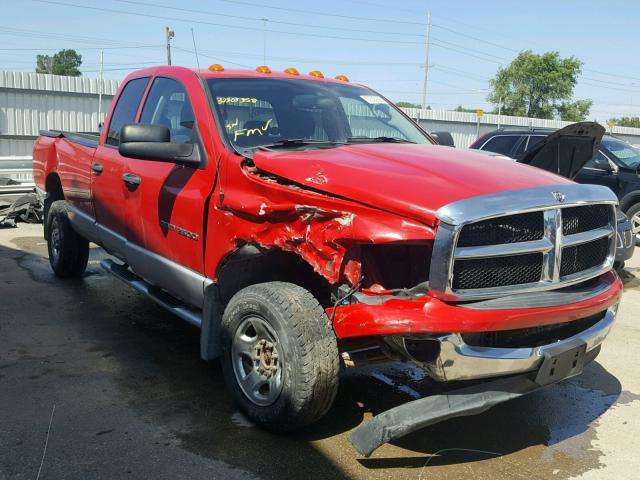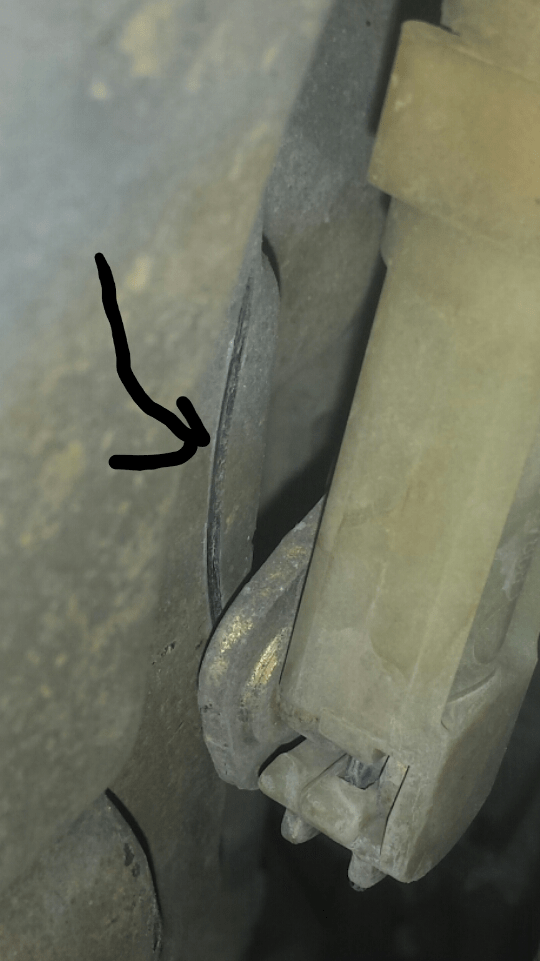The engine is the heart and the most expensive part of a vehicle. It is a fine-tuned machine that works in harmony with several car sensors and components to offer a seamless driving experience.
A car without an engine is as good as an ornament in your house occupying space.
When your engine fails, you’ll either rebuild or replace it.
Unfortunately, either of these options is quite expensive.
However, engine rebuild is more affordable than engine replacement.
How much does an engine rebuild cost, anyway? We’ll answer that as we progress along and outline the signs to watch out for when your engine fails.
We’ll also look at the pros and cons to watch out for when rebuilding your engine.
Engine Rebuild Cost
Even with the most regular maintenance, your car engine will develop issues as it becomes older and covers many miles behind the wheels.
As the issues compound, you’ll have to rebuild your engine or replace the entire engine. If you choose to rebuild the engine, one factor to consider is rebuilding engine cost.
Your vehicle make, model and engine type have a huge role in your engine replacement cost.
Smaller engines, especially three and four-cylinder engines, are quite affordable to replace because of their design, fewer parts, and hours of labor involved.
You should budget around $2,000 to $4,000 to rebuild your engine.
Of course, this is a high price tag. Remember, this is a complex job that requires an experienced mechanic. High-performance engines can cause as high as $5,000 to $6,000.
An engine rebuild is a repair job for skilled mechanics and requires long hours to fix. This is not for an inexperienced mechanic. Also, it is not for an average DIY car owner.
Expert mechanics usually charge $70 to $150 per hour to rebuild severe engine damage. The rebuild process usually takes 20 to 30 hours to complete.
The mechanic will need to remove the engine from the engine bay, disassemble it, wash the components, resurface the ones that need resurfacing, replace damaged components, reassemble it and mount the engine.
The technician may have to remove some suspension components on some vehicles like drive shafts, wheel bearings, and even ball joints and shock absorbers.
You have seen why it is a costly repair.
Technicians usually install new parts like piston rings, head gaskets, and other faulty components.
The technician will replace the piston rings and head gasket in most cases, whether they are good. You may not need to buy these components one at a time.
Instead, you can get an engine rebuild kit. It contains the basic parts to replace during an engine rebuild.
The mechanic will also take the cylinder heads to a machine shop for resurfacing and grinding purposes.
If the vehicle has a severe engine failure, the mechanic may need to replace oil pumps, pistons, and broken timing belts. These components are not found in the rebuilt kits.
Signs of a Failing Engine
Like every other vehicle component, a failing engine will project some symptoms to notify the driver of an imminent issue with the engine unit.
While each of these signs shows an underlying issue with the engine, some are more severe than others.
However, you need to watch out for these symptoms, track the culprit, and fix them at an early stage before it escalate and drops expensive repair bills on the table.
Excessive oil consumption
The engine oil level should be at the right gauge at all times.
If you notice the engine oil is consistently dropping below the standard mark, check for oil leaks. It could mean you have a tiny or bad oil leak.
Conversely, it could mean an imminent issue in the internal engine operation. Again, a bad piston ring is most likely the cause. A worn piston ring will allow motor oil to creep into the combustion chamber.
The oil will be burnt during the combustion cycle and get out of the engine via exhaust gas if this is the case.
As a result, the oil level will be getting lower and lower without any trace of leaks.
In some cases, the engine will run pretty fine. You’ll only need a constant top-off if you’re in such a situation.
Budget some bucks to fix the engine. The rebuilt cost will be pretty less at this stage.
Oil mixing with coolant
First off, you need to understand that oil mixes with coolant and coolant mixes with oil are two different things. However, they have more similarities than differences.
In some cases, one issue in the engine can cause either problem.
Do you notice a milky substance in your coolant reservoir or the engine oil?
If yes, the coolant and engine oil are mixed. You should ignore neither of these things. It could mean you have a blown head gasket or cracked engine block.
The mechanic can fix a tiny crack in the head gasket or block with gasket sealant or engine rebuild. Sometimes, you may have to replace the engine block.
First, however, you need to visit your mechanic for a thorough inspection and the best approach to fix the problem.
Strange noise when idling or accelerating
If the engine rattles on idle, it means a catastrophe for the internal components.
For example, it could mean you have a broken chain guide, loose timing chain, or belt. If any of these is the culprit, the engine will rattle the moment you start the engine.
Once you observe a rattling noise on your engine, switch it off and tow it to a mechanic garage for inspection and repair.
If your engine runs pretty fine on idle but makes a chattering noise on acceleration, it also projects an issue. This is usually known as a Piston slap.
As you cover thousands of miles, engine components wear out.
As a result, the Piston may wear, have a small clearance in the engine cylinder walls, and wiggle as you depress the gas pedal.
The vehicle will emit a chattering noise as you accelerate if this occurs. You will notice this noise if the valves and Pistons touch each other. Broken or loose chains can be the culprit.
If you notice any of these issues, fix them immediately. It can cause a severe engine breakdown.
White smoke from the exhaust tailpipe
White smoke from the exhaust tailpipe is associated with the first symptom above (excessive oil consumption).
This is because a gap between the Piston rings and the cylinder walls will allow motor oil to creep into the combustion chamber.
The engine will burn this oil during the combustion cycle and export it out of the car via the exhaust tailpipe. When this happens, the exhaust tailpipe will emit white smoke.
In some cases, the vehicle’s tailpipe will emit blue smoke.
When you observe any of these scenarios, inspect your engine. Worn piston rings are likely to cause these loud noises.
The engine won’t start
Several factors can cause an engine not to start. It could be a dead battery, a bad battery terminal, a faulty starter motor, a lousy fuel pump, etc.
However, none of these is as bad as having a bad engine.
If you have a lousy engine that won’t start, you probably have an internal engine component breakdown, preventing the crankshaft and other reciprocating components from spinning.
Contact a mechanic to tow the vehicle to their garage and fix it if this is the case.
Of course, this will require a complete engine overhaul.
Pros and Cons of a Rebuilt Engine
When considering rebuilding your engine, you need to make informed decisions by weighing the pros and cons.
Pros
Rebuilt engines work similarly to a newly manufactured engine.
An expert mechanic may install updated parts to boost the engine horsepower and gain better gas mileage.
An engine rebuild is cost-effective compared to an engine replacement cost.
It is a cost-effective way of prolonging older engines’ lifespan.
Cons
Engine rebuild takes a long time to complete. It can take up to two weeks to one month to get faulty parts and fix them.
While engine rebuild is cost-effective, sometimes, it can dig a hole in your pocket. The number of parts needed to rebuild V8, V10, and V12 engines can be pretty expensive.
In addition, bigger engines have little room for mechanics to carry out their work effectively. This calls for long hours of labor, dropping expensive bills on the table.
FAQs
What are the most common causes of engine failure?
The primary cause of engine failures is heat.
It is a failed cooling system that couldn’t keep the engine running at normal operating temperature, and low or dirty engine oil that couldn’t properly lubricate and cool the internal reciprocating engine parts.
Here are a few parameters that could cause heat, leading to engine failure.
- Clogged heater core
- Broken water pump
- Low engine oil
- Lousy thermostat
- Failed oil pump
- A dirty, old, or wrong type of engine oil.
Is rebuilding an engine worth it?
What is the average lifespan of a car engine?
Is it better to replace an engine or buy a new one?
Final Thoughts
In summary, an engine rebuild costs around $2,000 to $4,000.
However, it’s important to note that several factors like your car make and model, location, parts needed, and the mechanic affect the rebuilding cost.
We’ve also outlined the symptoms of engine failure. Watch out for these signs and act as soon as possible.
At this juncture, you’ll be able to determine whether an engine rebuild or replacement is the right option for you.
